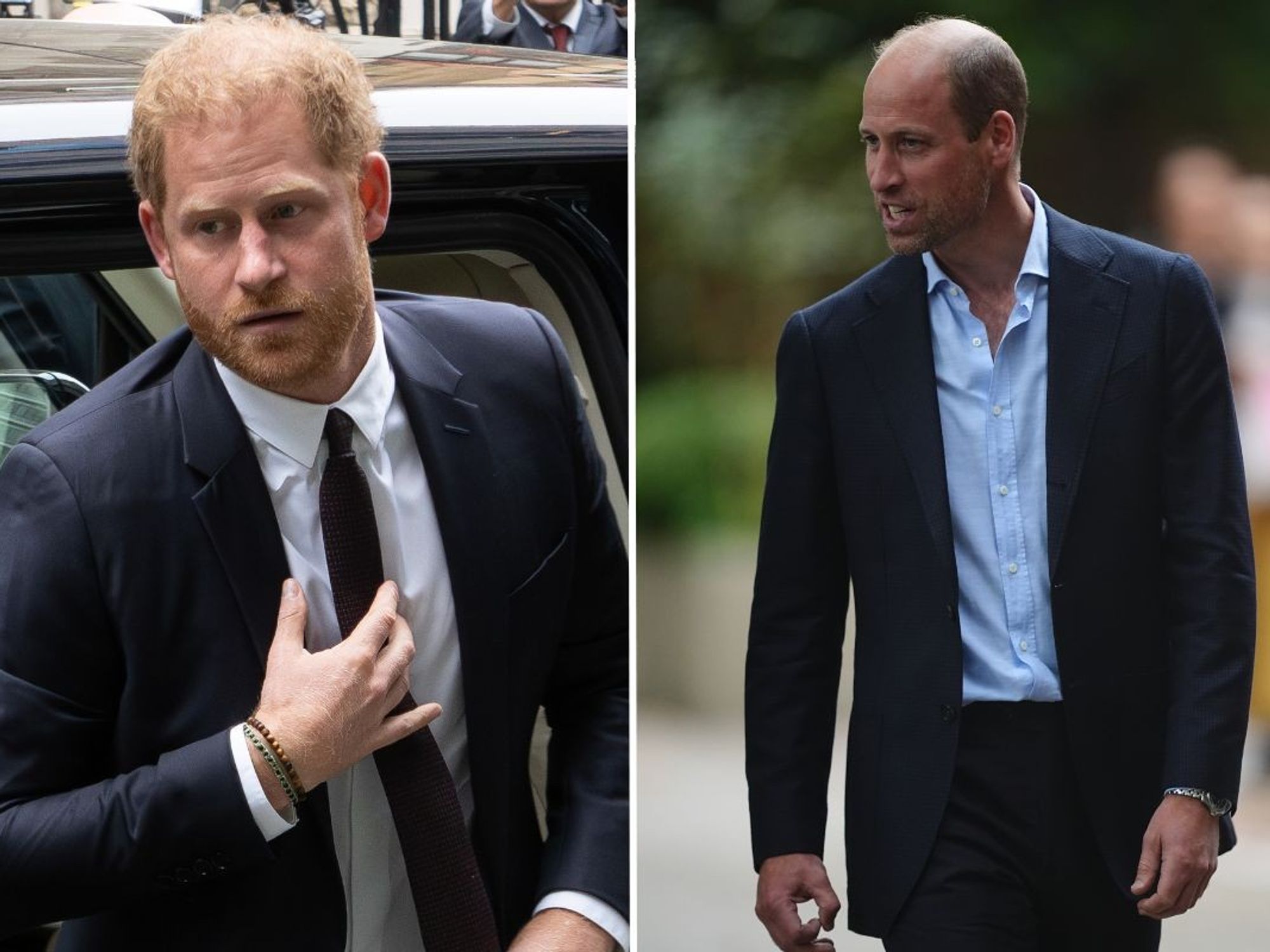The Government hopes the measures will slow the rapid spread of the Omicron variant in order to buy time for the vaccine booster programme to bolster defences against Covid-19.
Don't Miss
Most Read
Trending on GB News
From Monday, those who can work from home are advised to do so. But the Prime Minister said Christmas parties and school nativity plays should still go ahead.
The Government hopes the measures will slow the rapid spread of the Omicron variant in order to buy time for the vaccine booster programme to bolster defences against Covid-19.
Health officials believe new rules at best may only be able to delay the inevitable rise of the omicron variant, which could stifle any hope of economic recovery following the pandemic.
Business executives fear the damage that new coronavirus restrictions may cause to the economy, with The Telegraph reporting Sir Martin Sorrell, executive chairman of S4Capital, saying the government should focus on maintaining flexible working rather than forcing everyone back into home offices.
"I would welcome testing, boosting, vaccination and flexibility in offices but I wouldn't say a blanket work-from-home restriction would be helpful," he says.
Fears also include worries specifically over the hospitality industry and a lack of consumer confidence.
Professor Andrew Hayward, a member of the Scientific Advisory Group for Emergencies (Sage) from University College London, said “more social distancing, not going to work if you don’t have to, not going on public transport to go to work when you don’t have to, will make a difference”.
How will England’s Plan B differ from the rest of the UK?
Each of the four nations’ handling of the pandemic is managed by their own leaders.
In Scotland, vaccine passports are already in force and have been since October, with people who are attending nightclubs, indoor events (unseated) with 500 or more people, outdoor events (unseated) with 4,000 or more people and any event with 10,000 or more to show they are double vaccinated before entering.
Since December 6, a negative PCR test taken within 24 hours of entry to a venue or a negative lateral flow test have also been accepted as part of the passes. Scotland’s Covid passes are called the NHS Scotland COVID Status app.
In Wales, vaccine passports are in force in cinemas, theatres, concert halls as well as nightclubs and large events.
They are also needed for unseated indoor venues with more than 500 people in the audience, outdoor or indoor unseated venues with a capacity over 4,000 and any event with more than 10,000 people.
The passes can be downloaded by people who are double vaccinated or have tested negatively within 48 hours of entering the venue.
Similarly to England, Wales uses the NHS Covid Pass.
Northern Ireland has followed the same rules as Wales, which have been in place since November 29. Enforcement will be applied from December 13. Residents who can download Covid passes include those who are double vaccinated or have tested negatively within 48 hours of entering the venue.
In Northern Ireland, the pass is called COVIDCert NI Mobile App








